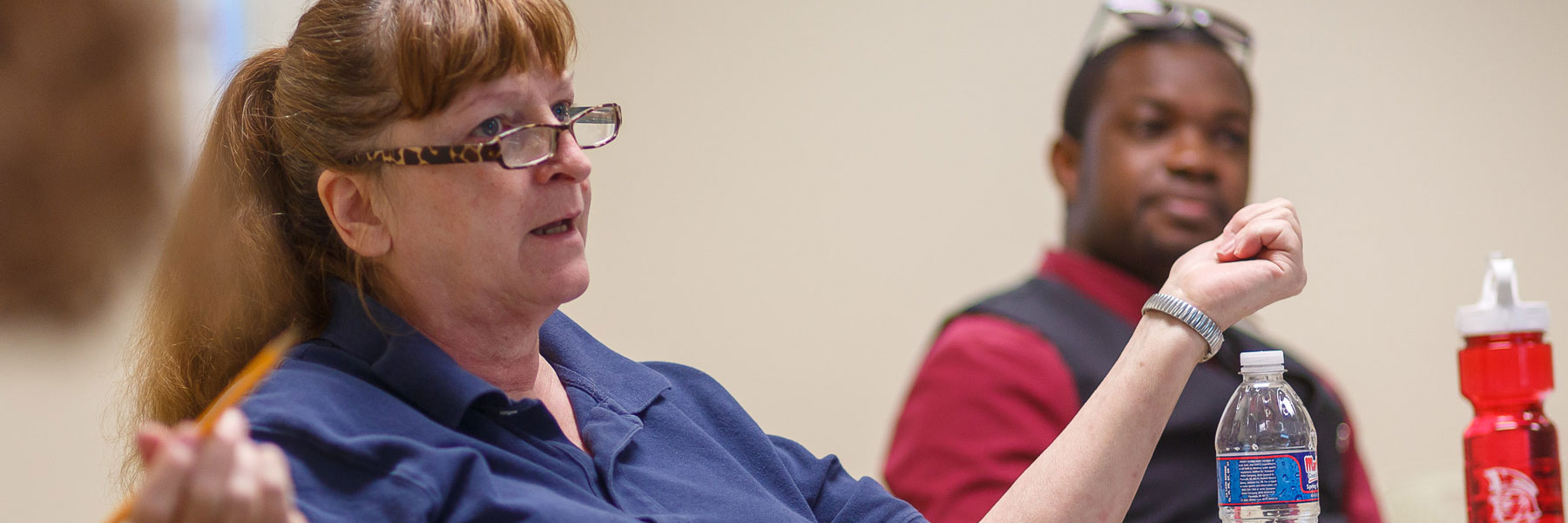One course must be taken from each of the following three areas (as designated in the Schedule of Classes):
Contemporary Social Values
The campuswide curriculum in general education requires students to demonstrate familiarity with the culture, society, and values of a non-Western people, or explore knowledge and traditions grounded in non-Western cultural paradigms.
Courses that fulfill the General Education Non-Western Cultures requirement (or Global Cultures, beginning fall 2021) focus primarily on cultures or societies outside of the United States and Europe. In the twenty-first century, we live in a richly interconnected world, with closely intertwined political and economic relations, widespread cross-cultural influences, and information flowing across national boundaries. Globalization is the new norm. As a result, we are all now in a significant sense "global citizens." It is impossible to work or plan effectively, or to adequately understand our own country and society, without knowledge of the diversity of global cultures world-wide, as well as the diversity within particular global cultures, and how these other cultures intersect with each other and with our own.
As a result of taking a course in Non-Western Cultures, students will be able to…
- Demonstrate knowledge of at least one culture or society outside of the United States, specifically one or more non-European cultures (i.e., those originating from Latin America, Africa, the Middle East, East or South Asia, the Pacific, or indigenous cultures outside the United States).
- Describe examples of how those global cultures and societies intersect with or have intersected with other cultures (possibly including US or European cultures and/or colonial legacy).
- Identify at least one specific aspect(s) of such a culture, such as its history, thought, customs, art, religion(s), economy, political institutions, colonialism etc., and say how this aspect is related to other features that shape or have shaped that culture.
A complete list of courses is found in the Campus Bulletin.
Courses fulfilling this requirement focus on issues of difference and commonality in the United States, such as race, class, gender, sexual orientation, immigration status, indigeneity, nationality, disability, and/or religion. Special attention is paid to the intersectionality of these categories.
As a result of taking a course in Diversity in U.S. Society, students will be able to…
- Demonstrate specific knowledge of the history, values, politics, art, communication styles, economies, or beliefs and practices of one or more under-represented groups in the United States, as defined by factors such as race, ethnicity, immigration status, indigeneity, class, sex, gender, religion, disability, and/or sexual orientation.
- Recognize the ways multiple factors such as race, ethnicity, immigration status, indigeneity, class, sex, gender, religion, disability, and/or sexual orientation shape individual lives, experiences, challenges, and opportunities in society.
- Describe their own intersectional positions in society, and how their positions shape their own lives and their capacity to understand others, to empathize with others' experiences, and to communicate effectively with others.
A complete list of courses is found in the Campus Bulletin.


